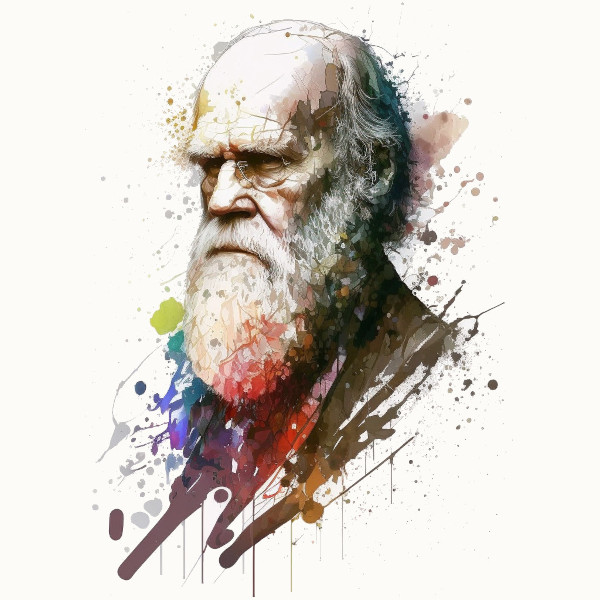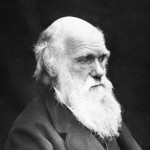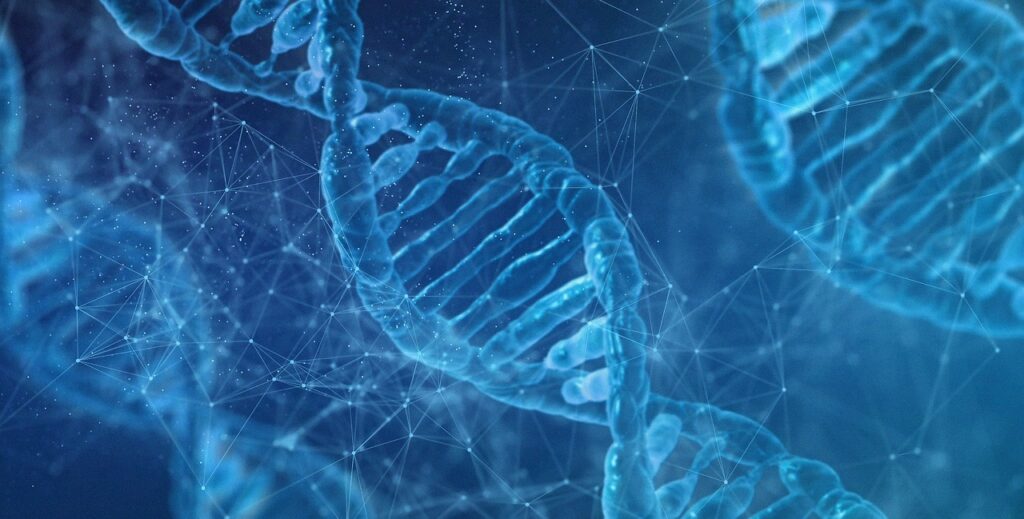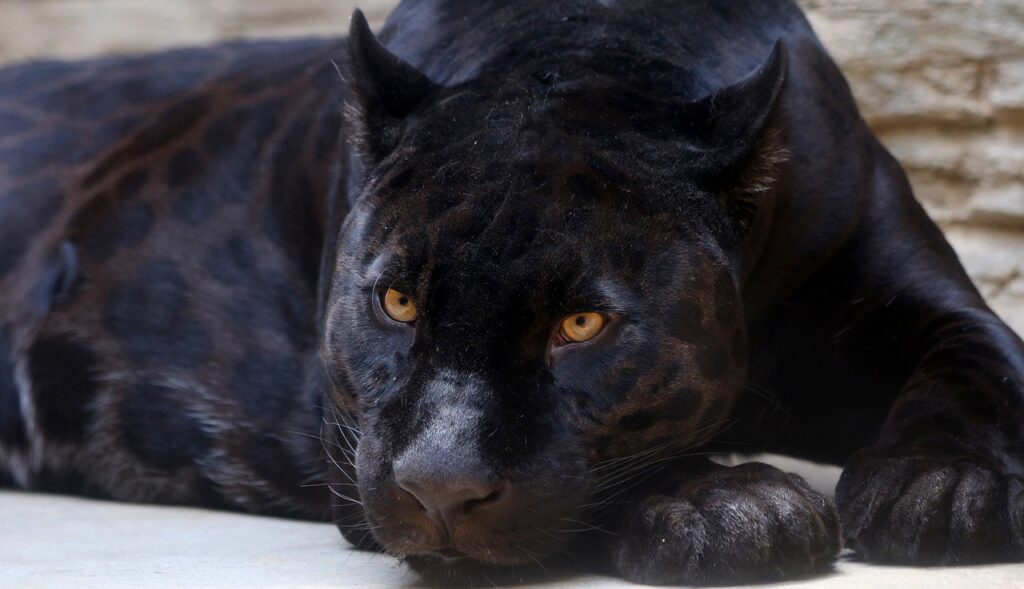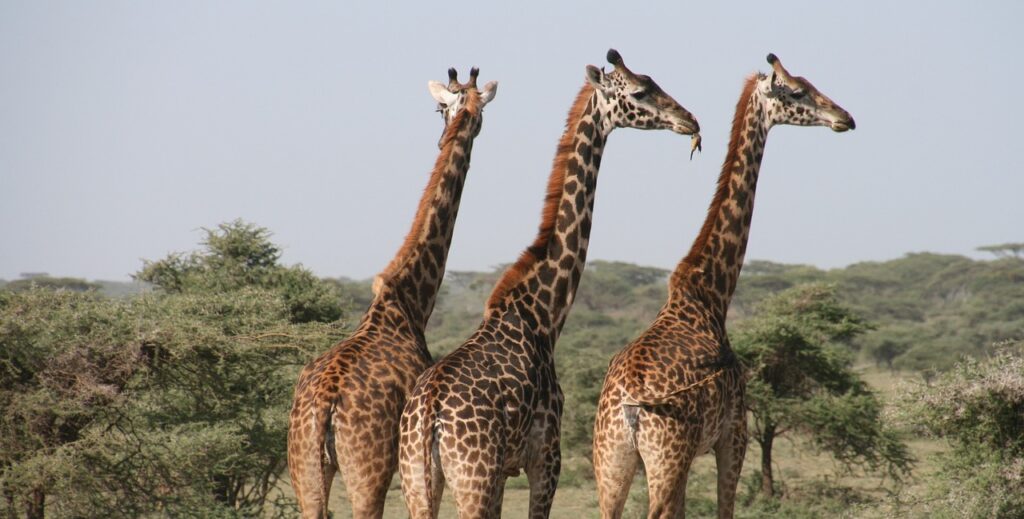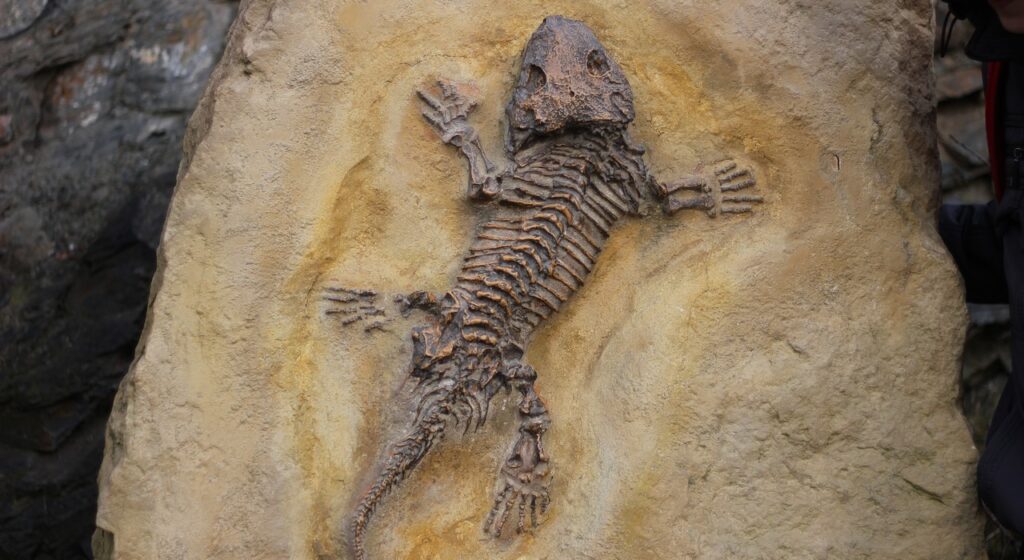Welcome to our blog on the evolution debate, where we delve into one of the most hotly contested scientific topics of our time. At the heart of this debate lies Charles Darwin’s theory of evolution, which has been a subject of controversy since its publication in 1859. While many scientists have embraced Darwin’s theory as a cornerstone of modern biology, others have challenged it on religious or philosophical grounds, arguing that it conflicts with their worldview.
In this blog, we will explore the arguments for and against Darwin’s theory of evolution, examining the evidence for natural selection and the role of genetic variation in shaping the diversity of life on earth. We will also explore the history of the evolution debate, including its social, cultural, and political implications.
Our goal is not to take sides in this debate but rather to present a balanced and informative perspective on one of the most important scientific and philosophical questions of our time. Whether you are a student, a scientist, or simply someone interested in learning more about the evolution debate, we hope that our blog will provide you with valuable insights and a deeper understanding of this complex and fascinating topic.

